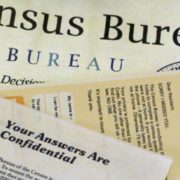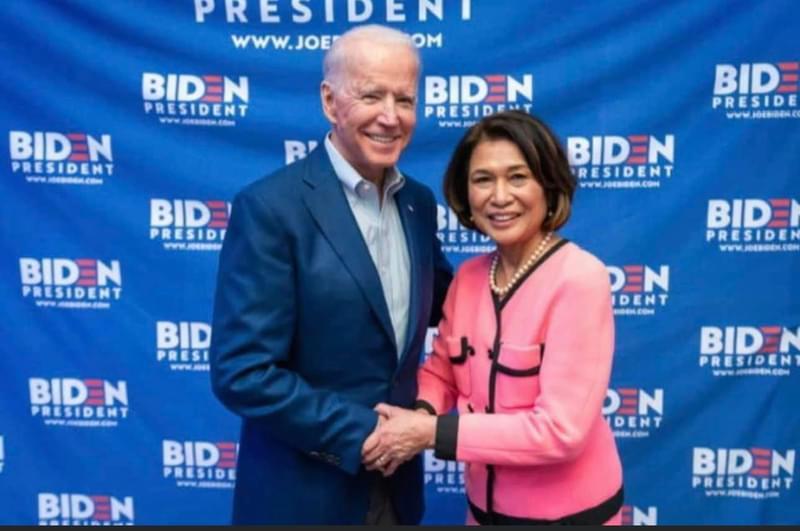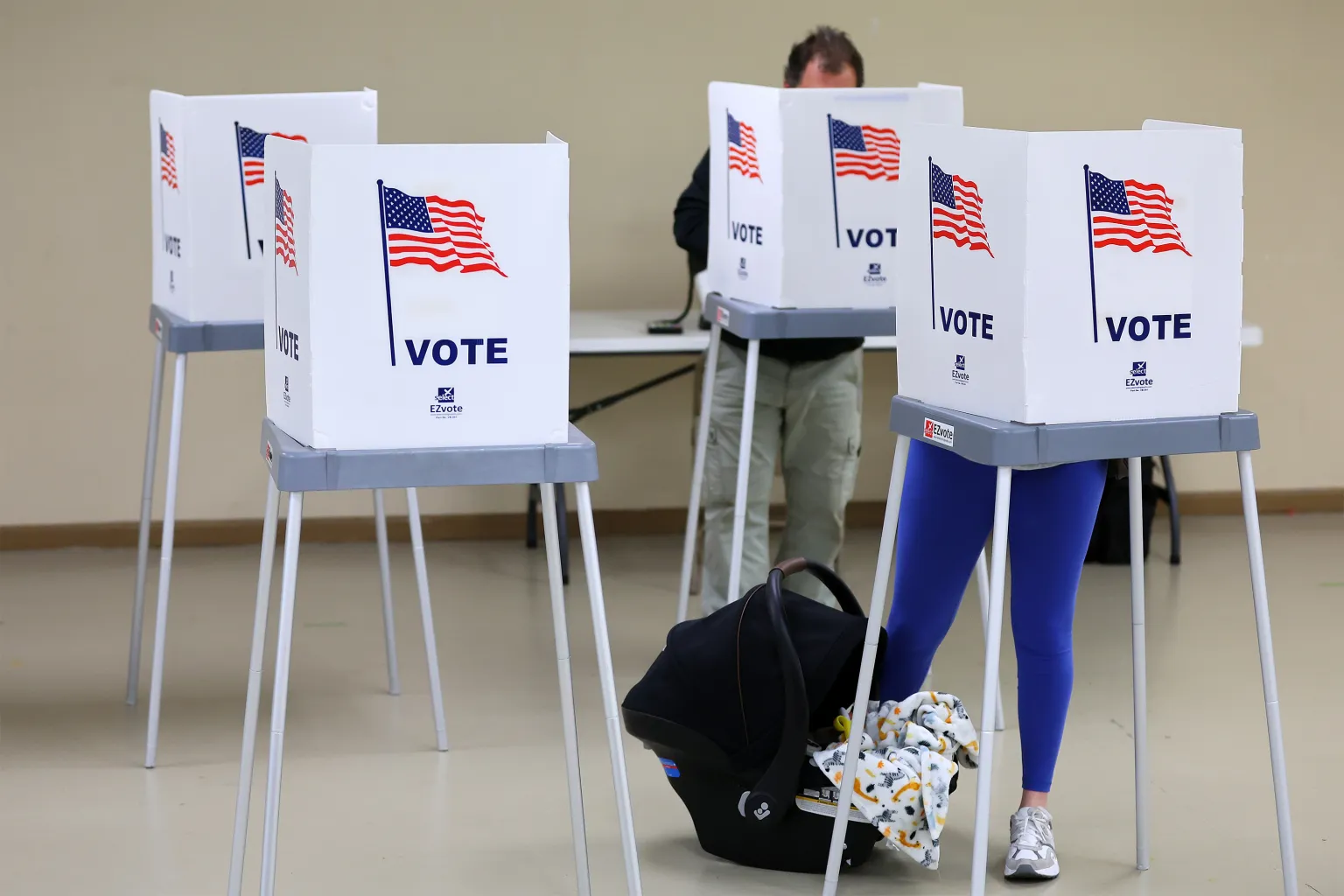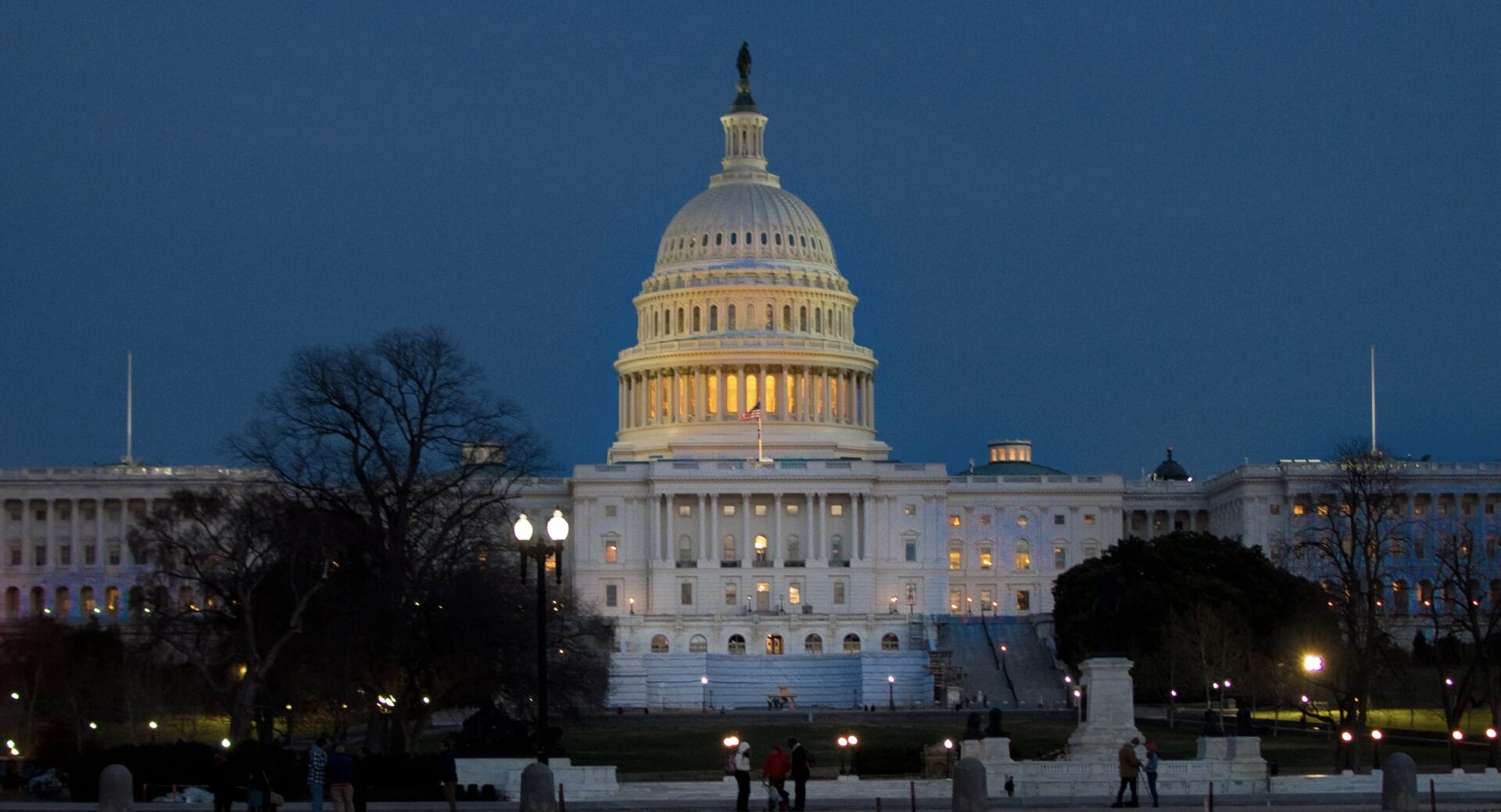The U.S. Commerce Department recently announced that it will “restore a question about citizenship” to the upcoming 2020 census questionnaire. The move adds to already existing concerns of risking a fair and accurate count of the U.S. population.
Advocates pushing for an accurate count have long been addressing issues that would affect proper processes of enumeration like insufficient funds, lack of preparations, and the inability to properly test the new online survey taking method.
They’ve also been addressing the increasing climate of fear incited by political rhetoric on immigration enforcement as a major factor. Advocates argue that the added citizenship question will further discourage people from participating in the census, thus making it possible for certain communities to be misrepresented.
In an eight-page memo, Commerce Secretary Wilbur Ross said that the Justice Department has requested that the census include a question on citizenship to help administer the Voting Rights Act (VRA).
Those against the question addition are saying that there is no good reason for it to be incorporated now. A question about citizenship hasn’t been included in the decennial census in the past 70 years, nor has it been used since the VRA was signed into law in 1965.
“We know that adding that question on citizenship status will cause participation in the upcoming census to plummet, and that vulnerable communities that are already hard to count will be most significantly impacted,” said Vanita Gupta, president and CEO of the Leadership Conference Education Fund in a recent press call.
Gupta told reporters that the question was added to the census against the advice of census experts and former census directors from both Democratic and Republican administrations, and other bipartisan leaders.
Official lawsuits have already been filed. California Attorney General Xavier Becerra said the state will sue the Trump administration.
“Having an accurate census count should be the utmost importance for every Californian. The census numbers provide the backbone for planning how our communities can grow and thrive in the coming decade. California simply has too much to lose for us to allow the Trump Administration to botch this important decennial obligation,” said Becerra in a statement. “What the Trump Administration is requesting is not just alarming, it is an unconstitutional attempt to discourage an accurate census count.”
Rep. Grace Meng (D-NY) said in a statement that she was “deeply disappointed with Secretary Ross.”
She added, “I will not look to introduce legislation to stop this question from being included on the census.”
Risk of community misrepresentation
The decennial count looks for population changes and other information about who makes up the United States — citizens and non-citizens alike. It also, more importantly, uses the derived data to address the nation’s needs like determining how seats in Congress are set, and how funding allocations for certain programs are made.
Arturo Vargas, executive director at National Association of Latino Elected and Appointed Officials (NALEO) Educational Fund, called the addition of the citizen question the “worse policy-making decision that could have been done.”
Vargas and Gupta were among those who advised Ross last month to leave the question out. Vargas said data scientists at a recent meeting unanimously denounced the decision to add the question.
In the last 2010 census, approximately one million young children were unaccounted for,” said Vargas. About 400,000 of them were Latino.
The last 2010 census also found that Asian Americans and Pacific Islanders (AAPI) were the fasting growing ethnic group, growing at a 46 percent rate compared to the 2000 census.
John C. Yang, president and executive director of Asian Americans Advancing Justice pointed out that about 90 percent of the AAPI community are immigrants or children of immigrants.
“For this reason, the citizenship question potentially will depress response rates within our community,” said Yang.
He said Secretary Ross had acknowledged the evidence regarding the climate of fear felt by immigrants, but concluded it was not enough.
Marc Morial, president and CEO of National Urban League, said that the black population has been undercounted since the first census was made in 1790, when slaves were counted as three-fifths of a person.
He added that in 2010, African Americans were undercounted by over two percent — African American children were undercounted by 6.5 percent.
According to the Census Bureau’s own statistics, Morial said that Whites were overcounted by 1.1 percent in 2000, and nearly one percent in 2010.
“Underrepresentation and a black undercount is an insidious form of racial discrimination because it denies an entire swap of the American population access to privileges, protections and rights,” said Morial.
“The same is true for all people who may be undercounted in the census,” he added. “Without reliable data, it is difficult to track whether people of any race or ethnicity receive equitable opportunities in housing, voting, employment, or education.”
Despite the citizenship question, Vargas joined other advocates in encouraging people to still participate in the census, adding that boycotting would make the risk of an undercount worse.
“The best way to fight back and get policy discourse is to participate,” said Vargas. (Rae Ann Varona / AJPress)






